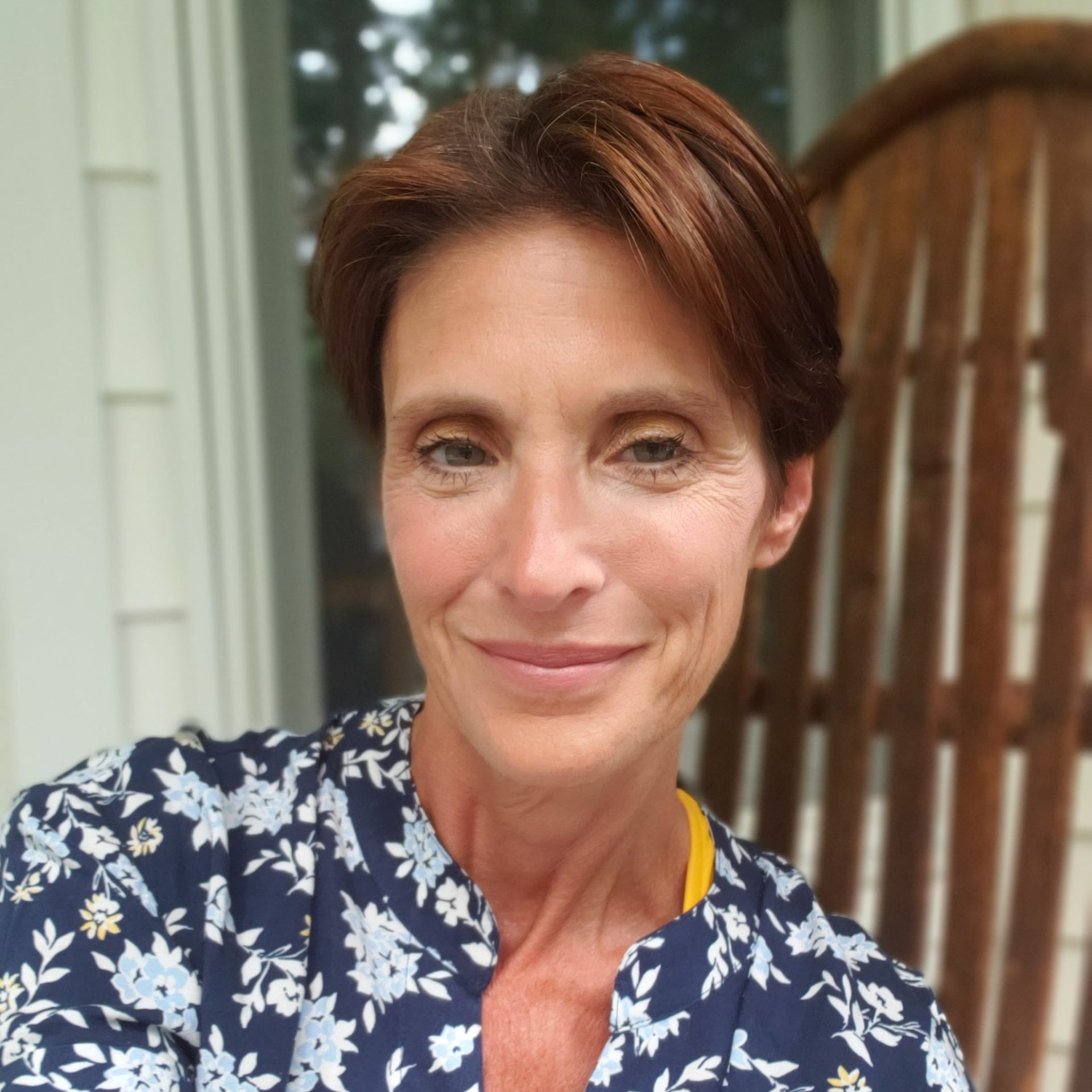A Cultural Revolution That Has Gone Too Far
By Laura Wellington
My son came home from school yesterday. A normal afternoon, I heated up a hamburger and fries and placed it in front of him. It launched us into our regular discussion regarding his day. You know the one, “How was it? What’d you do? What’d you learn?” and so on.
This afternoon, however my son took our pleasant exchange one step further. He coupled it with expressing a worry of his, denoting that “something may be seriously wrong with him because he has a hard time sitting still in school at times and occasionally feels the need to fidget.” He then went on to grasp the name of the disorder he must have and shared it with me. I stopped him in his tracks.
My son is ten. He is an intelligent kid as well as a talented athlete. He’s met all of his pediatric markers since birth easily. He has friends of whom he socializes daily. There is nothing wrong with him. I reassured him of this, emphasizing my point by telling him that, “He is a kid, and by definition, he should be feeling these things at his age.”
This incident made me question where we’ve arrived in society, wondering how many other children worry about the same thing? What percentage today suffer with the notion that something might be truly wrong with them simply because they don’t understand what normal behavior is for kids their ages and are growing up in a culture laden with labels and diagnoses eagerly offered to explain the imperfect beings that they are? I bet you that percentage is relatively high.
Don’t get me wrong. I am far from being flippant about mental health. As we all know, there are very real disorders that plague children. Diagnosing and treating them are imperative. But when children become clinicians, themselves, because they are so tapped into the undertone of an era that gives off the vibe that “something is wrong” before it is even right or normal, that’s a little scary. What it tells me is that WE need to back off in this regard so that our kids can too.
I’m not alone in my thinking. Allan Schwartz, LCSW, PH.D. concurs in his article “Children: Are We Too Quick To Suspect Mental Illness?” In it he states “Given the new diagnostic criteria and additional behaviors listed as indicative of mental illness in the DSM V, there is the danger that too many children could be viewed as having mental disorders when it is not necessary.”
Children need to be children. It is tough enough to be a child when you are naive to what you are supposed to do simply because you are one. Helping them to understand this is key. If you can follow up with a brief conversation about the current tone of society specific to mental health, including where you agree and disagree, this can’t hurt either.
The fact that today’s kids have placed the action of “self-diagnosing” their own disorders in their repertoires is a serious warning call for the rest of us. We need to change this and let them go back to being imperfectly-perfect children — the ones who don’t want to sit still, argue with their siblings incessantly, and whine each night to stay up past their bedtimes.
There is time enough to grow up and worry about everything else.
And speaking about worrying, in my new book “Be Careful What You Wish For”, what did Joan help Evie stop worrying about when together at the table? (Question #5, BCWYWF book contest)






